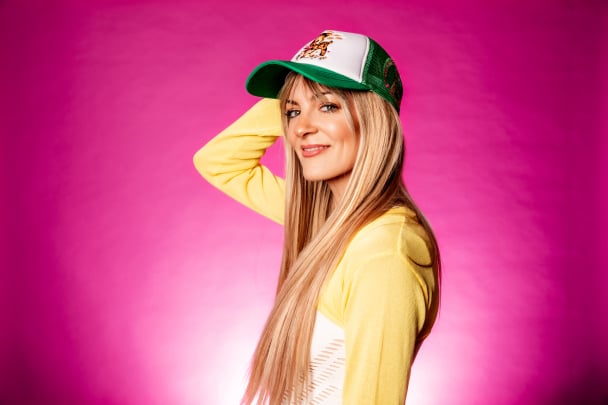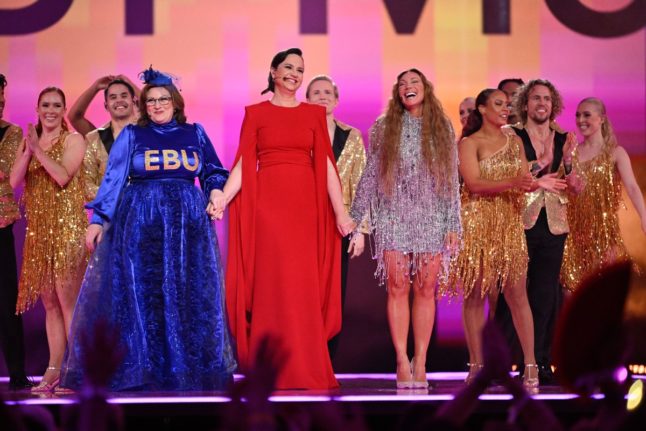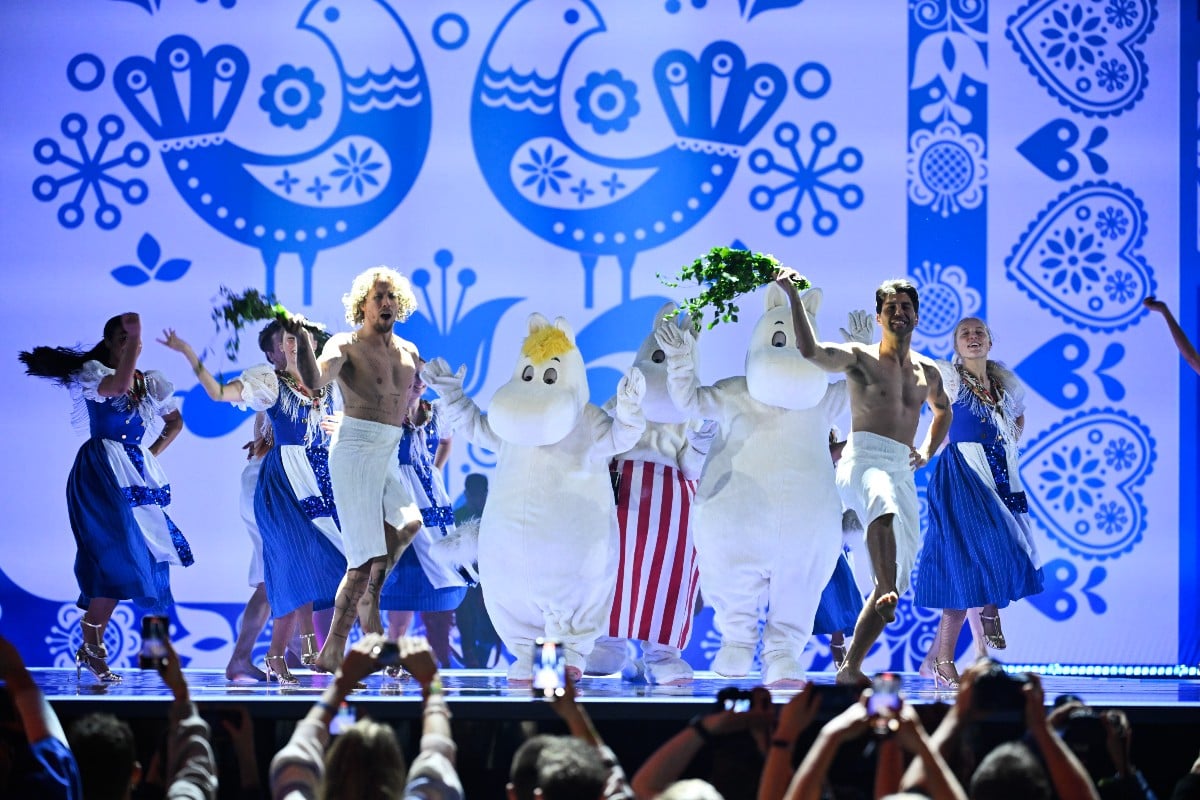The 43-year-old singer and songwriter is no stranger to musical success back home in Canada, winning “Best Pop Album of the Year” at the Western Canadian Music Awards, and a JUNO for “Dance Recording of the Year”.
She was born and raised in Vancouver, Canada, to parents who originally came from Liverpool in the United Kingdom, and since being brought to Sweden by love five years ago, she’s been gradually making her mark this side of the Atlantic.
This Saturday, Barker will be competing as one of the seven acts in the third heat of Melodifestivalen. If she wins, she could represent Sweden in the Eurovision Song Contest, performing her song in front of an estimated 170 million viewers worldwide.
This will not be Barker’s first rodeo in Melodifestivalen, nor even in the Eurovision Song Contest. If you saw last week’s show, you might have noticed her in the green room alongside 18-year-old Ukrainian Maria Sur, Barker being one of the songwriters behind Maria’s song ‘Never Give Up’.
Despite this being the first time Barker has performed on the Melfest stage, this song is her ninth entry as a songwriter in the competition, and she has written or co-written six songs in the Eurovision Song Contest, including Switzerland’s fourth place entry in 2018.
She told The Local that this year felt like the moment to try her hand as an artist in Sweden’s most watched TV entertainment competition, with her entry ‘Sober’, a party-pop number with lots of energy she describes as being “playful, trippy and very bratty”.
“I think I am kind of all of those things,” she laughed in the interview. ‘Sober’ is about a big night out with friends, where even though the party has not started yet you meet a person that gets you to feel a bigger buzz than anything you have felt before.”
In a true only-at-Eurovision moment Barker is being joined on stage by four dancers with mice mascot heads bobbing around her among LED screens showing psychedelic patterns.
Apart from her love for her new hometown, Malmö, Barker believes one of the great benefits to moving to Sweden has been access to the Swedish music industry, an export powerhouse of pop music.
Her 2021 hit ‘Habit’ now has over 51 million streams on Spotify
Barker believes that there are numerous factors behind Sweden’s success, including “world class production quality” and songwriters she believes are more open to modulate and use interesting chords in their music.
Plus she describes the Swedish population as “beautifully musical”, adding “everyone here knows how to sing.”
“I think there is a level of excellence and the willingness to sit with a song and make it the best it can be. It’s about carving out and crafting a song, songs are re-written over and over again here and that’s why so many great songs are written in Sweden.”
And of course it is these great songs that make Melodifestivalen such an annual success on TV, but also in the Swedish charts.
On Saturday, Barker will be competing against six other acts for just two automatic spots in the final on March 11th at Friends Arena.
The overwhelming favourites to take one of the final spots are the Norwegian twins Marcus and Martinus, but it is anticipated that over half a million viewers on Saturday night will vote (many using the free Melodifestivalen app), and it is up to the people to decide the winner.
Melodifestivalen’s third heat is being held in the Sparbanken Lidköping Arena and will be broadcast on SVT 1 from 8pm on Saturday.




 Please whitelist us to continue reading.
Please whitelist us to continue reading.
Member comments